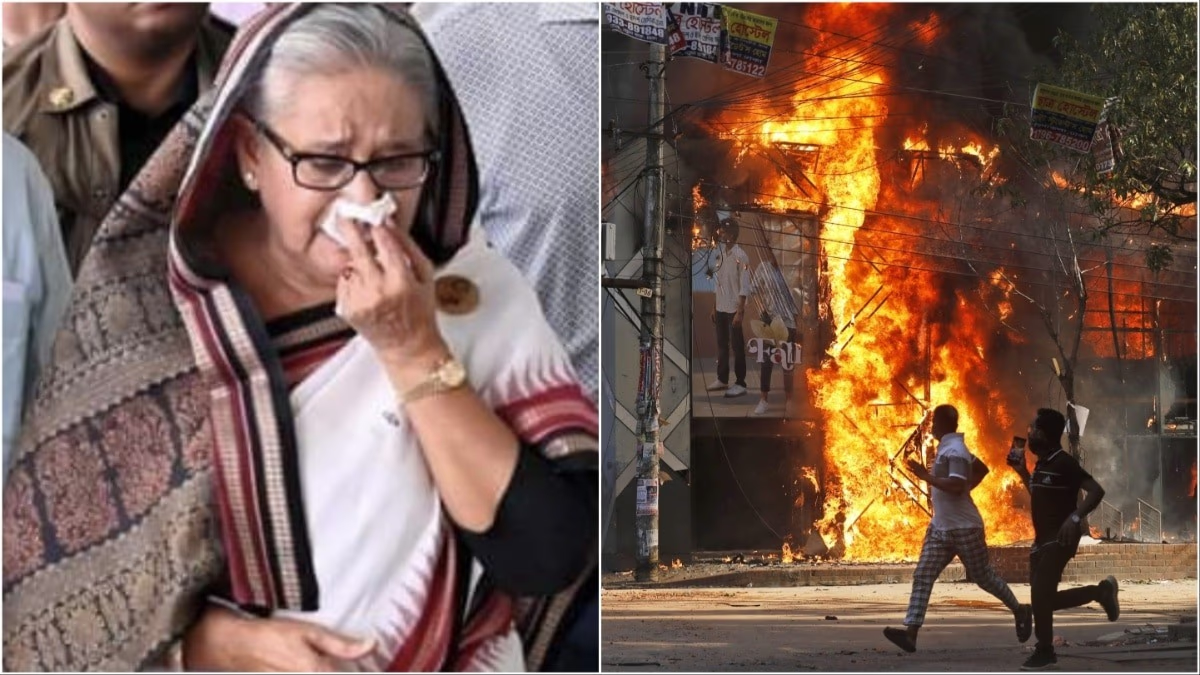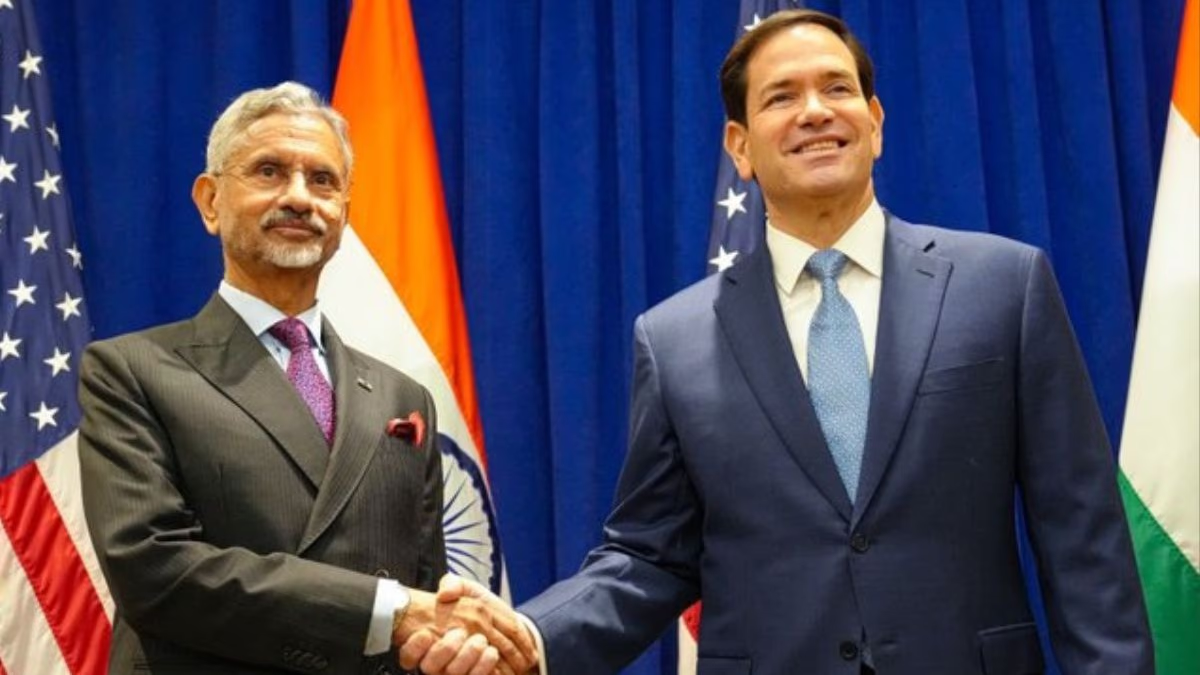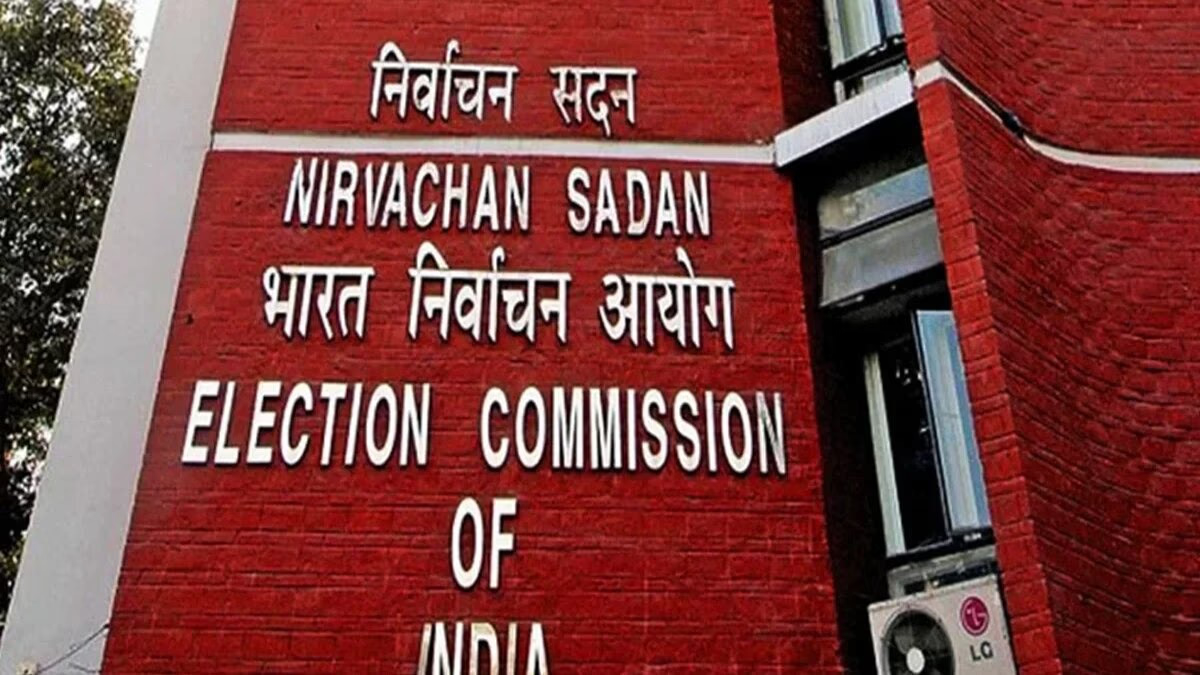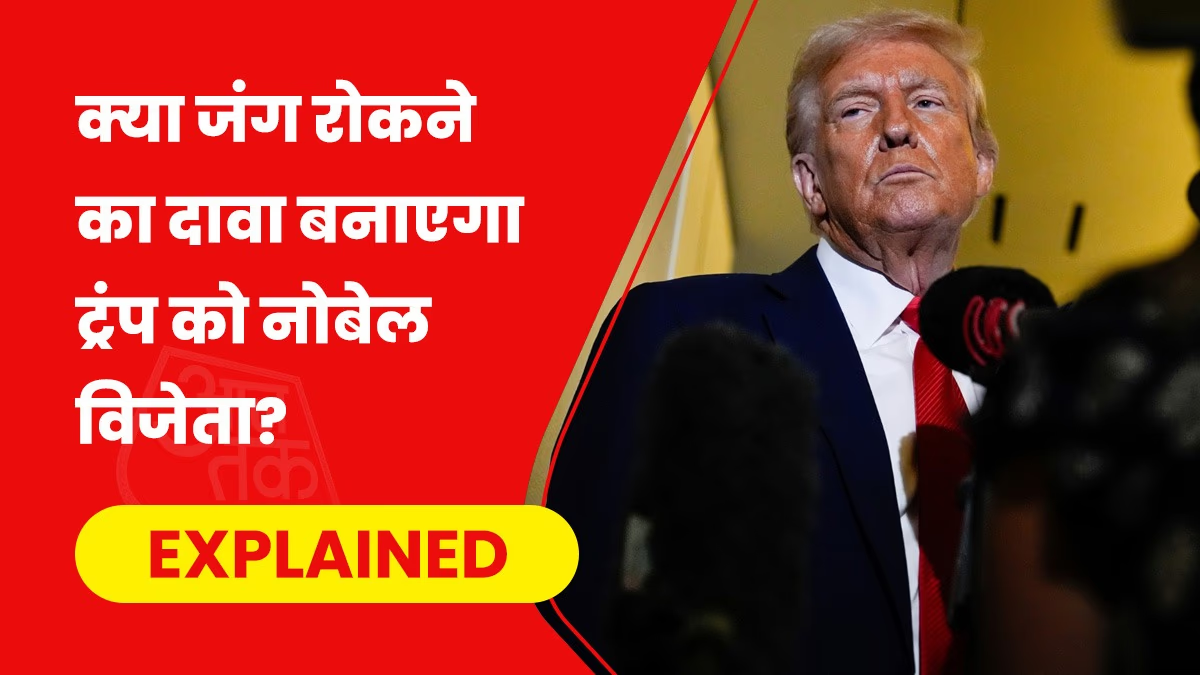Renowned political expert on Pakistan, Dr. Charles H. Kennedy, wrote a famed article titled 'A User Guide to Guided Democracy.' In a satirical fashion, he outlined 10 steps that new rulers in Pakistan could use to strengthen their rule.
This article, based on Pakistan's history since 1947, tells the story of all military coups in the country in 1958, 1978, and 1999. Surprisingly, all military rulers followed almost identical strategies after their coups.
These included harassing political opponents, tampering with the constitution, manipulating government systems, and using laws for self-protection. The Pakistani public has long been weary of military regimes, yet Pakistan stands as an example of a country prone to repeated coups.
The question arises: Why do coups happen despite understanding the consequences of military rule? This question is pertinent today as another neighboring country, Bangladesh, which was once part of Pakistan, has faced a coup.
Bangladesh's history is similar to Pakistan's with its own share of coups. On Monday, former Prime Minister Sheikh Hasina was forced to resign amid violent protests, eventually having to leave the country. This scenario mirrors the situations in other South Asian countries, including Myanmar, Afghanistan, and Sri Lanka.
Returning to Pakistan, democracy has been much touted, yet the military has always maintained a grip on power since the country's partition from India in 1947. No Prime Minister in Pakistan's history has completed a full term, often hindered by military interference.
The military's dominance became so intrinsic that even governmental and bureaucratic positions often had to align with military interests. This dominance established a significant sway over the Pakistani populace.
In a BBC report, Ayesha Siddiqa, a senior fellow at the Department of Military Studies, King's College London, and an analyst on Pakistani affairs, states, "Security has been paramount for Pakistan, granting the military significant importance from the onset. Post-WWII, the military's role became crucial due to national security concerns, solidifying into an autonomous institution."
Read Also: The 15-Year Rule That Ended in 45 Minutes – The Full Story of Hasina's Ouster in Bangladesh
Similarly, Ajay Darshan Behera, Professor at Jamia Millia Islamia's Academy of International Studies, explains, "Until 1951, British generals led the Pakistan Army. Afterward, General Ayub Khan took command. The delay in drafting the constitution allowed the military to strengthen its hold. Consequently, democracy couldn't flourish due to prolonged direct military rule."
Security Justifications Cemented Military Authority
Pakistan initially asserted its dominance under the guise of security, leading to direct intervention in governance. Political leadership's continual dependency on the military further cemented the bond between the two. The first military coup in Pakistan occurred in 1956 under General Ayub Khan’s leadership.
This intertwining resulted in the military's involvement in economic matters. The Pakistani military not only oversees businesses but also runs farms and industries. It’s involved in hundreds of businesses, contributing 30% to governmental expenses, including defense budgets and pensions, ensuring profound control over the societal and democratic framework.
Read Also: India's Alert Before Hasina's Entry into Xen: How Rafales Guarded the Path to Hindan Airbase
Foreign policy also falls under military influence. A notable example is the stance during the Russia-Ukraine conflict, where Army Chief General Qamar Javed Bajwa did not support the Russian invasion, despite then-PM Imran Khan’s non-committal stance on the issue.
In summary, a stable democracy never flourished in Pakistan. The country experienced four military coups: initially in 1953-54, followed by 1958, again in 1977, and most recently, in 1999 following the Kargil conflict, when General Pervez Musharraf ousted then-PM Nawaz Sharif.
Bangladesh's history isn't much different. Gaining independence from Pakistan in 1971, it initially followed Pakistan's footsteps. Post-1971 independence, the first five-year government was established. However, after the 1973 election, Bangladesh faced authoritarian rule leading to public unrest.
On August 15, 1975, junior military officers attacked Sheikh Mujib’s house, killing him and his family. Following this, the military ruled Bangladesh for 15 years. Elections in 1978 and 1979 saw allegations of manipulation under former Army Chief Ziaur Rahman’s leadership. Ziaur Rahman's assassination in 1981 led to fresh elections, with the Bangladesh Nationalist Party winning 65% of the vote. General Hussain Muhammad Ershad led a coup in 1982, dominating the political landscape.
In 1988, massive protests led to the 1990 popular uprising forcing General Ershad's resignation. Thus, Bangladesh also has a history of coups, driven by military interference in politics.
Sheikh Hasina’s recent ouster isn’t dubbed a military coup but involves opposition collusion, terrorist plots, and foreign intervention exploiting the student protests. On Monday, amid dramatic events, Sheikh Hasina resigned and fled the country. The trigger was student protests, simmering since July. Initial police suppression was temporary, leading to Monday’s upheaval.
Read Also: The Inside Story of Hasina's Coup: Student Protests and the Army’s Role
Following violent protests and nearly 300 deaths, Sheikh Hasina resigned. Thousands of protestors stormed her official Dhaka residence, causing chaos. They damaged Mujibur Rahman's statue and set fire to party offices. Amid extensive protests, 76-year-old Hasina stepped down.
The protests began last month demanding the abolition of the 30% reservation in government jobs for freedom fighters' families from the 1971 liberation struggle, morphing into anti-government demonstrations. Upon General Waqar-uj-Zaman’s announcement of Hasina's resignation, jubilant crowds celebrated nationwide.
Pakistan and Bangladesh’s creation based on religion and language, marred with bloodshed, set the premise for repeated military coups. Special powers granted to military further fostered intervention. While multiple Pakistani court verdicts indirectly validated military coups, Bangladesh's recent political scenario showed parallels to Sri Lanka's turmoil.
Even another crucial neighbor, Sri Lanka, faced near-coup conditions. In 2022, amid an economic crisis, public fury escalated. Protestors stormed the presidential palace, forcing President Gotabaya Rajapaksa to flee. Distressed by basic needs shortages, the public revolted due to governmental inefficacies.
Post-1948 independence from Britain, Sri Lanka encountered severe economic hardship in 2022. Acute shortages of food, fuel, and medicine led to public outcry. Criticizing the ruling Rajapaksa government, citizens demanded the PM's resignation amid violent demonstrations.
Sri Lanka's massive loans from China resulted in wasted projects, such as the non-functional Hambantota port. Years-long deficits and tax cuts spiraled government budgets into disarray, compounded by pandemic-induced economic hits. With dwindling foreign reserves, essential items vanished from market shelves, fueling public rage.
Afghanistan’s history aligns with its neighbors', marked by coups. Post-2021 US withdrawal after two decades, the Taliban regained control. capturing Kabul in August 2021, forcing President Ashraf Ghani to flee, reinstating Taliban rule.
Myanmar also experienced coups. Despite winning the 2015 election, Aung San Suu Kyi couldn't become president. Prevailing in 2020, her victory was questioned by the military. In February 2021, a coup arrested Suu Kyi and seized power, sparking nationwide protests and unrest.
India, in contrast, has never faced such upheaval. Its rich history and responsible governance since independence curbed military intervention. Initial events, emphasizing civilian supremacy, kept the military in check. This established that India’s military, while crucial, had no say over governance. India's democratic institutions became robust, ensuring military non-interference.
Post-independence interim governance under PM Jawaharlal Nehru set a principle of the military under democratic control, abolishing the Commander-In-Chief post held by British officers, later assigned to General Cariappa.
General Cariappa’s appointment as first Army Chief and the allocation of the Commander-In-Chief residence to Nehru symbolized civilian supremacy. Despite Nehru’s fears of a military coup, General Cariappa maintained impeccable discipline, reinforcing army loyalty to democratic governance.
India’s democratic foundation included institutional pillars like the Election Commission and the Reserve Bank, strengthening governance. The military remained apolitical, instilling discipline and integrity. This unity and non-interference principle kept India's democracy resilient, unlike its neighbors, where frequent coups stifled democratic growth.




